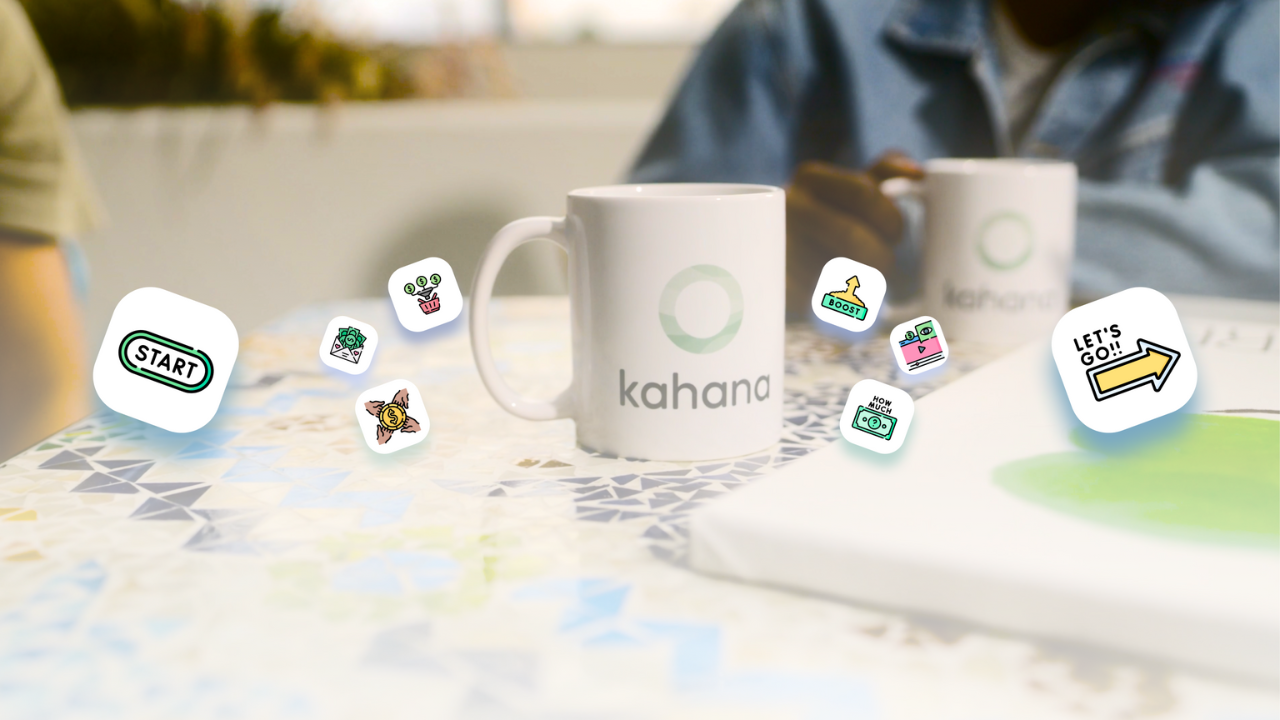All About Digital Products [2024]
![All About Digital Products [2024]](https://images.unsplash.com/photo-1601836555327-7c654cce6b9b?crop=entropy&cs=tinysrgb&fit=max&fm=jpg&ixid=M3wxMTc3M3wwfDF8c2VhcmNofDEwfHxpbmZvcm1hdGlvbnxlbnwwfHx8fDE3MTM4MTg2NTJ8MA&ixlib=rb-4.0.3&q=80&w=960)
In the digital age, digital products have become a cornerstone of online commerce, offering convenience and accessibility to creators and consumers alike. Here's everything you need to know about digital products.
First off, why digital products?
The surge in popularity of selling digital products can be attributed to several key factors that have transformed the landscape of online commerce.
First, the digital era has democratized access to tools and platforms, empowering individuals to create and distribute digital content with minimal barriers to entry. This accessibility has enabled creators, artists, educators, and entrepreneurs to turn their skills and expertise into valuable digital products that can be sold globally.
Additionally, the increasing demand for digital solutions and online learning has created a fertile market for digital products, making it an attractive avenue for generating passive income and building scalable businesses.
Furthermore, the ability to sell digital products offers flexibility and independence, allowing sellers to work from anywhere and reach diverse audiences without the constraints of physical inventory or logistics.
1. Understanding Digital Products
Digital products are intangible goods that are created, distributed, and consumed in digital form. They exist purely in electronic or digital format, often delivered online or through downloadable files. Unlike physical products, digital products can be replicated and distributed effortlessly, making them highly scalable and cost-effective.
2. Categories of Digital Products
Digital products can be broadly categorized into these types:
- Digital Media: This includes music files, e-books, audiobooks, podcasts, videos, and digital art.
- Digital Tools: This category encompasses digital tools like Notion workspaces, Google sheets, Google docs, and Canva templates.
- Online Courses and Training: Educational materials, e-learning courses, tutorials, workshops, and webinars fall under this category.
- Digital Product Bundles: curated collections of multiple digital products
Examples of Successful Digital Product Bundles


4. Key Considerations for Digital Products
When creating and selling digital products, it's important to consider several factors:
- Copyright and Intellectual Property: Protecting your digital content from unauthorized use and piracy.
- Distribution Platforms: Choosing the right platforms to sell and distribute your digital products effectively.
- Digital Rights Management (DRM): Implementing technologies or strategies to prevent unauthorized access and distribution of your digital products.
- User Experience: Ensuring a seamless and enjoyable experience for customers when accessing and using your digital products.
Protecting Digital Products
Protecting digital products is essential to safeguarding intellectual property and ensuring fair compensation for creators. With the proliferation of online marketplaces and digital distribution platforms, the risk of piracy and unauthorized distribution has increased significantly.
To protect digital products effectively, creators and businesses can employ various strategies. One approach is to use secure platforms like Kahana, which prevent unauthorized access and distribution of digital content.
Kahana employs innovative methods such as secure hub systems that allow customers to access and interact with digital products without the ability to download or redistribute them.
Educating customers about the importance of respecting intellectual property rights and enforcing legal protections can also help deter piracy. Ultimately, protecting digital products not only safeguards the interests of creators but also fosters a sustainable and equitable digital marketplace.
Conclusion
Digital products offer limitless opportunities for creators and entrepreneurs to monetize their skills and expertise in the online marketplace. Whether you're an author, artist, developer, or educator, understanding the nuances of digital products can help you harness the power of digital commerce and reach a global audience with your unique offerings.


